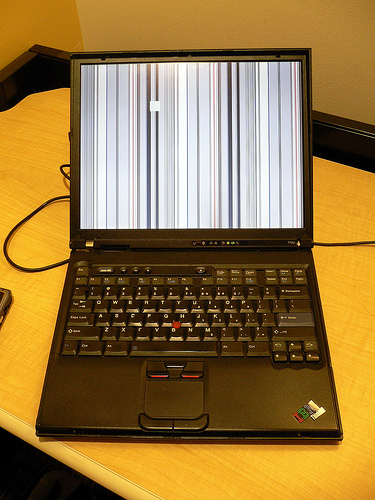The modern world would quite simply grind to a halt without computers.
And as the culture of ‘hacktivism’ and internet criminals continues to flourish, it is a real threat individuals, companies and governments must face up to. The increasing popularity of smartphones and constant migration of people on to online banking services means that your personal information and passwords have never been as accessible to hackers before.
Whilst a zero-day attack may sound like something that happens in an Arnold Schwarzenegger movie, it is a real and present danger to your online safety and one of the main ways it can be compromised.
What are they?
Zero-day attacks occur when hackers uncover a security vulnerability in a computer application such as an internet browser. Once a weakness is discovered the hacker or group of hackers then develop malware programs and viruses that can exploit this and attempt to distribute these worms to any users running that application. They tend to either target the programme directly or can take advantage of weaknesses in email coding and attach them to a message.
What can happen?
Primarily hackers use zero-day attacks to steal bank details and personal information so they can commit online fraud.
A recent example of a successful zero-day attack was when a vulnerability in Microsoft’s Internet Explorer resulted in hackers being able to place backdoor Trojan viruses on unsuspecting users’ computers. The assault resulted in thousands of people’s private information being stolen and Microsoft having to warn people not to use the application.
How can you prevent them?
Whilst there are dangers online, there are also companies and organisations working hard to try and keep you safe.
Designing computer programmes is a multi-billion pound annual industry so testers work exceptionally hard to try and catch any vulnerability before an application is even released. And the work doesn’t stop once a programme is launched – with ‘patch’ updates available if and when any software upgrades or troubleshooting is needed if any vulnerability is found.
Numerous third company companies nowadays also provide system patch management software which locates vulnerabilities and enhances security so you find out about any potential weaknesses before hackers do.
Cybercrime is one of the fastest growing areas of criminal enterprise, with it estimated to cost the world’s economy over £40 billion a year. Naturally it should concern all of us, however users should be reassured that a lot of time, money and effort is being invested into preventing and protecting against zero-day attacks. Whilst hackers will continue to strive to access your details, the growing success and frequency of patch updates should hopefully help limit their effect.
Catherine Halsey writes for a digital marketing agency on a wide number of subjects. This article was written on behalf of Secunia.

